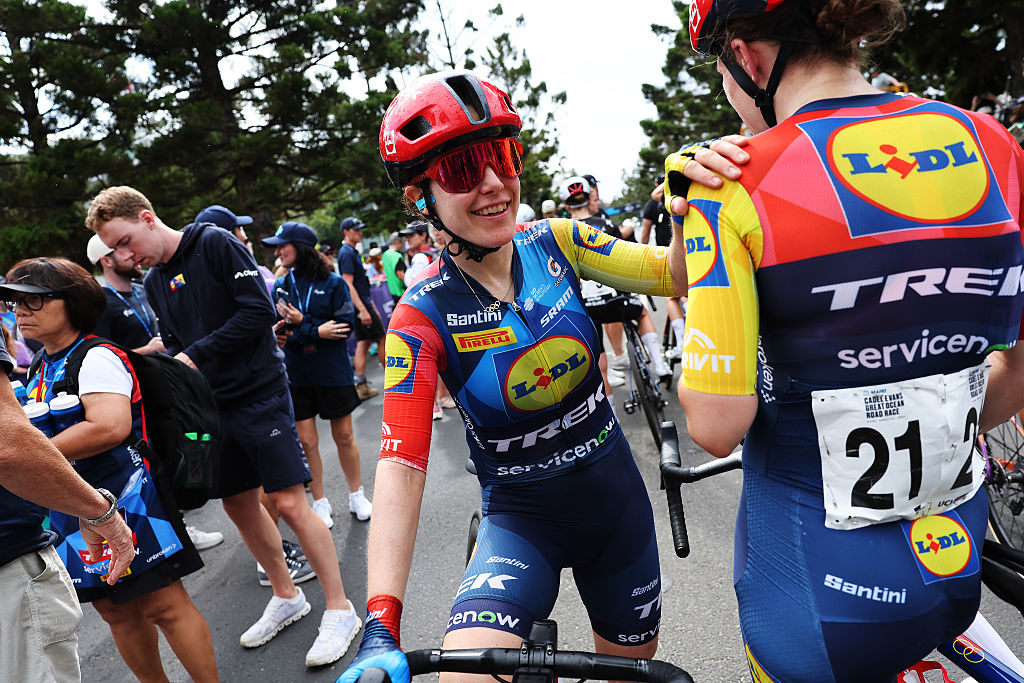Tabotta defends evolution of Australian women's road development programs
"Objectives, support and commitment" just the same
The latest race content, interviews, features, reviews and expert buying guides, direct to your inbox!
You are now subscribed
Your newsletter sign-up was successful
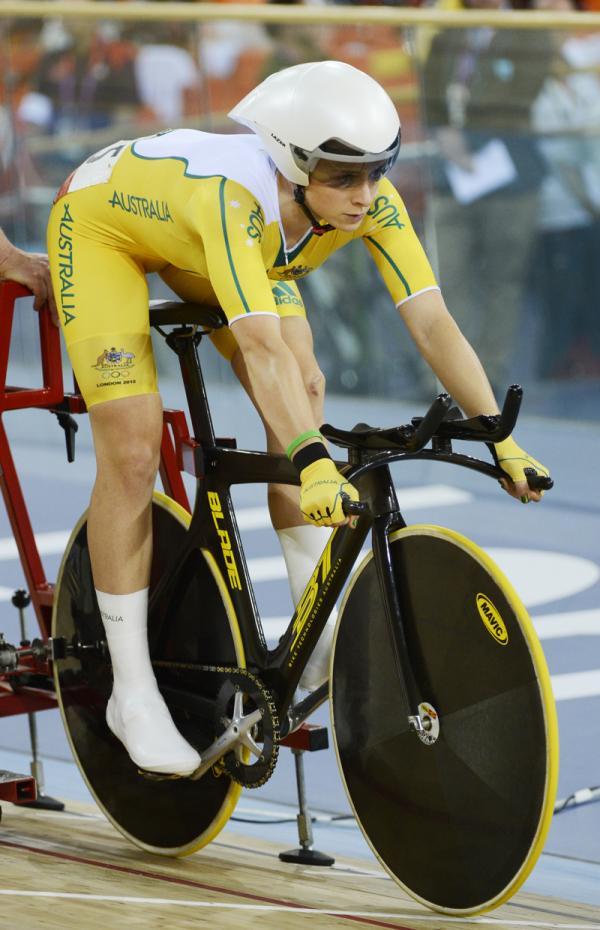
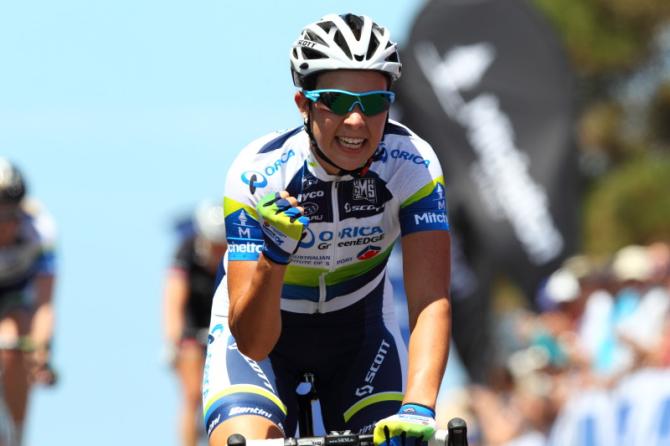
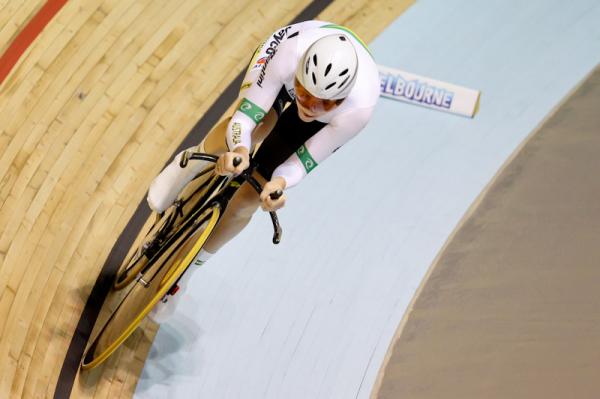
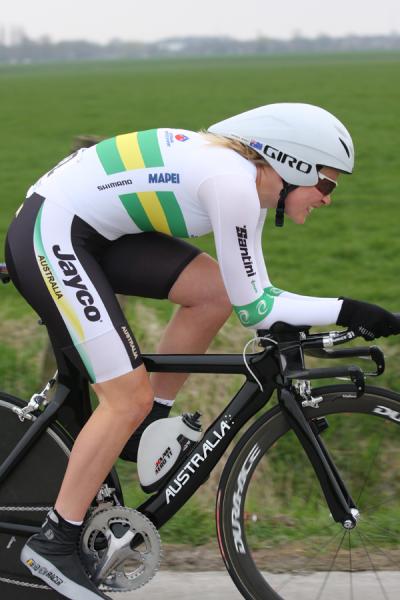
Despite the changes to the Australian Institute of Sport women's road program previously reported on Cyclingnews, National High Performance Director Kevin Tabotta argues that if anything, the governing body's support has been extended.
On Wednesday, it was revealed that the traditional AIS development program, which has stood since 1998, has reached the end of the line having completed the transition into a more nationally-focused outfit, with more opportunities for athletes to step into the team and compete on the world stage.
Women's Head Coach Martin Barras explained that the move while to some degree was also down to costs, was designed to eradicate what he called the "sense of entitlement" that came with having the support of the AIS.
"There's a level of accountability that we want to bring to the way that we're running things," he said. "The concept of race-proofing [riders] so we do offer selections but we do race-proof them before we take them to Europe to make sure that they're up to scratch.
"I don't want to overstate how much of a problem it was but it's trying to rationalise how we use our resources and make sure that we use them more effectively."
One need not look back too far into the past to see how the changes to the program have gradually evolved into what will occur from 2013 onwards. In 2008, the AIS women's road program supported only six women per year, plus two women in track endurance. Compare that to this year where there are 15 women already on AIS women's endurance scholarship for 2013 across three levels of the elite women's endurance pathway - Cycling Australia/AIS endurance development, CA/AIS women's track and Orica-AIS Women's Pro Team and it's clear to see that more athletes are being supported than ever before. Due to the new 'national team approach', another three or five athletes will receive support to continue their development and race in Europe this season.
Tabotta said that the pathways to the top level of the sport have never been clearer for Australian women.
The latest race content, interviews, features, reviews and expert buying guides, direct to your inbox!
"Whilst traditional titles and badges on Cycling Australia's programs may occasionally change, the objectives, support and commitment to women's cycling has not," he told Cyclingnews. "Evidence of that is that Cycling Australia remain one of the few nations in the world that have committed to working with a UCI Women's Team (Orica-AIS), to co-fund, staff and co-manage a women's professional team. With the AIS's support, sports science and technological input, it has created a formidable partnership that Australian female road cyclists can aspire to and work towards."
Tabotta also explained that much like what occurs with the RusVelo project, there will be a closer correlation between the women's track endurance and road program, "to further enhance the opportunities and cross pollination across areas of competition camps, staffing and services - sharing the talent with dual objectives."
Melissa Hoskins, Annette Edmondson and Amy Cure stand to benefit from the practice leading into the Rio 2016 Olympic Games.
As a sports journalist and producer since 1997, Jane has covered Olympic and Commonwealth Games, rugby league, motorsport, cricket, surfing, triathlon, rugby union, and golf for print, radio, television and online. However her enduring passion has been cycling.
Jane is a former Australian Editor of Cyclingnews from 2011 to 2013 and continues to freelance within the cycling industry.
